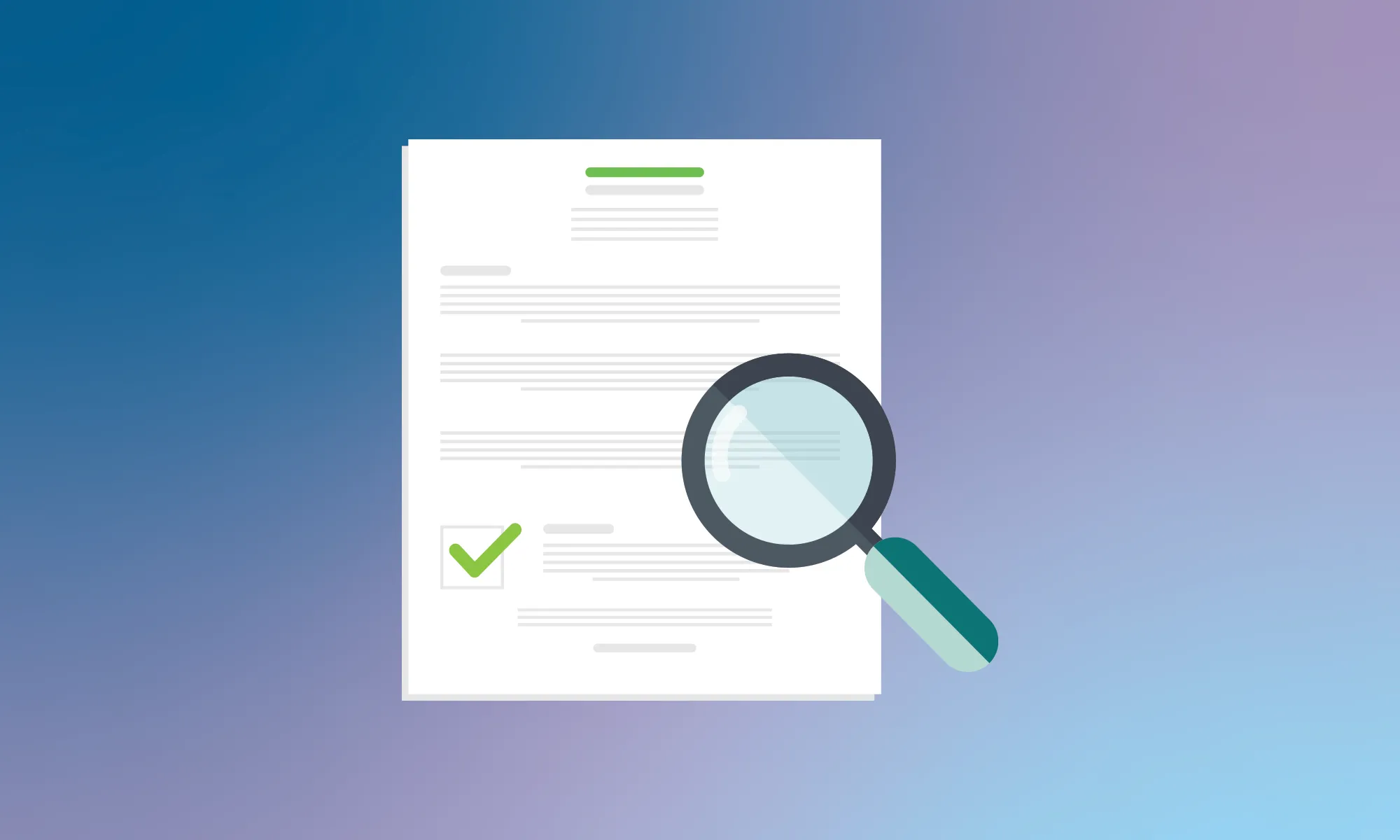US Sales and Use Tax Guide for International Businesses
Summary
Standard Sales and Use Tax
Varies by jurisdiction
Digital Reporting Requirements / E-invoicing
Yes
Sales Tax on Cross-Border Electronically Supplied Services
No
Tax Authority Website
Varies by jurisdiction
Sales and Use Tax Rates in the US
There is no value-added tax (VAT) or goods and services tax (GST) system in the United States. Instead, sales tax is imposed on the sale, transfer, or exchange of goods and some specified services.
There is also a use tax that serves as its complement. Use tax is usually paid to the tax authorities directly by the buyer, in cases where the supply is taxable but the seller is not obligated to charge tax. Use tax is generally the same rate as sales tax.
From an administrative level perspective, the US sales tax system is structured as follows:
- Federal level: There is no national-level sales and use tax in the US. Instead, state and local (substate) governments are in charge of enforcing and administering sales taxes as well as supplemental use taxes.
- State-level: Each state has its own taxing authority. Currently, there are sales and use taxes in place in 45 of the 50 US states, plus in the District of Columbia and Puerto Rico. Alaska, Delaware, Montana, New Hampshire, and Oregon are the only states that do not impose sales and use tax. Alaska is unique in that it doesn't have a state-level sales tax but allows localities to impose their own sales taxes.
- Local level (Counties, Cities, and Special Districts): Depending on the state's structure, local jurisdictions such as counties, cities, and special districts (e.g., police, school, or other special purpose districts) may or may not have additional sales and use taxes. Most states collect and manage state and local taxes, but a few states allow local jurisdictions to require separate local registrations and returns.
Let's say you're shopping in New York City, which is located in New York State. The state sales tax rate in New York is 4%, but in New York City, there is an additional city sales tax rate of 4.5%. This brings the total sales tax rate in New York City to 8.5%. In addition to the state and local sales tax, there are also various special district taxes in New York City that can further increase the sales tax rate. For example, let's say you purchase a taxable item in Manhattan, which has a special district tax for the Metropolitan Transportation Authority (MTA) of 0.375%. This brings the total sales tax rate in Manhattan to 8.875%.
So if you were to purchase a taxable item in Manhattan that costs $100, the total sales tax you would pay would be $8.875, broken down as follows:
- $4.00 (state sales tax rate of 4%)
- $4.50 (local sales tax rate of 4.5%)
- $0.375 (special district tax rate for MTA of 0.375%)
There are over 11,000 sales tax jurisdictions in the US, comprising the above-mentioned states, counties, cities, and other special taxing districts. This high number of jurisdictions, each with its own tax rate and tax rules, makes calculating sales tax in the US a complex and challenging task for businesses operating in multiple states.
Sales and Use Tax Registration Thresholds in the US
When it comes to sales tax obligations for businesses in the US, the term "nexus" is crucial. It refers to a business's connection with a particular jurisdiction, which determines whether or not a US or a foreign business is required to register, collect, and remit sales tax in that jurisdiction. There are two types of nexus: physical nexus and economic nexus.
I. Physical nexus
Physical nexus is established when a business has a physical presence in a state. This can include a retail store, warehouse, inventory, employees, and other physical assets. If a business has a physical presence in a state, it is usually required to collect and remit sales tax on sales made in that state.
II. Economic nexus
Economic sales tax nexus, on the other hand, is established when a business has a significant economic presence in a state, even if it doesn't have a physical presence (see the U.S. Supreme Court’s decision in the South Dakota v. Wayfair case). This type of nexus is determined by a state's economic nexus threshold, which can be the amount of sales or the number of transactions (or both) a business makes to businesses in that state.
Here are some examples of economic nexus thresholds for some US states:
- California: Businesses should be required to collect and remit sales tax if they have over $500,000 in sales in the current or prior calendar year or its sales to California exceed 25% of the taxpayer's total sales.
- New York State: Businesses should be required to collect and remit sales tax if they have over $500,000 in sales and over 100 transactions in the state.
- Texas: Businesses should be required to collect and remit sales tax if they have over $500,000 in sales in the previous twelve calendar months in the state.
Businesses that operate in multiple states should evaluate nexus thresholds in each state, and ensure that they are charging the correct amount of sales tax to their customers where they have established nexus.
US Tax ID Number Format
Sales tax registration number
Sales tax registration numbers are a unique identifier used by states and local jurisdictions to track and identify businesses that are required to collect and remit sales tax. In most cases, businesses are required to register for a sales tax permit in each state where they have nexus, or a significant presence before they can begin collecting and remitting sales tax.
Each state has its own number format, and some states may require businesses to register with local jurisdictions as well. Once a business has registered for a sales tax permit, it will receive a unique sales tax registration number. This number is used to track the business's sales tax obligations and is often required when filing sales tax returns and making sales tax payments.
Employer Identity Number (EIN)
An Employer Identification Number (EIN) is a unique nine-digit number issued by the Internal Revenue Service (IRS) to identify businesses operating in the US. It is issued to individuals or entities, i.e., sole proprietors, partnerships, corporations, and other entities, for tax filing purposes.
- Format: XX-XXXXXXX
Sales Tax on Digital Services in the US
If you’re a remote seller, it’s essential to understand the sales tax rules for your business. Sales tax is a complex and ever-changing area of US tax law, with rules that can vary significantly from state to state.
Will your business need to pay Sales and Use Tax on digital services in the US in 2024?
Learn More About Sales and Use Tax on Digital Services in the US
Marketplace & Platform Operator Rules in the US
All states with sales tax have enacted laws requiring marketplace facilitators to collect and remit sales tax on behalf of their third-party sellers, regardless of the seller's location.
By definition, a marketplace facilitator generally is a business or person that provides a platform to facilitate the sale of products and services offered by third-party sellers.
States implement marketplace facilitator rules differently, which makes compliance more challenging for marketplaces and even the underlying sellers.
Invoice Requirements in the US
Unlike countries with a federal VAT or GST system, the sales tax in the US is levied, reported, and administered at the state and local levels. In many countries with a federal VAT or GST system, businesses are required to include specific information on their invoices. However, in the US, there is no central government authority to establish a framework for invoicing requirements.
As a result, the content and format of invoices can vary across the country, depending on the jurisdiction and the type of business.
E-Invoicing & Digital Reporting for the US
With numerous taxing jurisdictions, each with its own rules and regulations, it could be challenging to establish a standardized e-invoicing and digital reporting regime.
In light of this, neither a federal-level nor a state-level obligation for e-invoicing or digital reporting exists at the moment in the US.
Sales and Use Tax Payments and Returns in the US
As there is no federal indirect tax system in the US, and sales tax is levied, reported, and administered at the state and local levels, the process of filing sales tax returns can vary significantly from jurisdiction to jurisdiction.
Most states handle both state and local (county, city, special district) sales and use taxes on a combined return at the state level.
However, some states, like Alabama, Alaska, Colorado, and Louisiana, allow local jurisdictions to establish their own tax administration and have separate registration and returns.
Streamlined Sales Tax
While the process of registering and filing sales tax returns in the US can be complex, there is an effort underway to simplify the process for businesses through the Streamlined Sales Tax project. This project is an agreement between some states to simplify and modernize their sales tax laws and regulations in order to make it easier for businesses to collect and report sales tax.
The Streamlined Sales Tax project includes standardizing definitions of taxable products and services, standardizing the tax base for each state, and simplifying the sales tax registration and return filing process. The goal of the project is to reduce the administrative burden on businesses and help ensure that sales tax is being collected and reported accurately and consistently across the states. Currently, 23 states are participating as full members, and one state is an associate member (Tennessee).
Penalties in case of late filings or misdeclarations
Late or incorrect sales tax filings can result in penalties and interest charges. The exact penalties for late filing or misdeclaration of sales tax can vary from state to state, so businesses need to familiarize themselves with the regulations of the state(s) where they operate.
Typically, late filing penalties are calculated as a percentage of the tax due and can range from 2% to 25% of the outstanding amount. In addition to penalties, interest is charged on the unpaid tax for the period between the original due date and the actual date of payment.
Some states also impose additional penalties for repeat offenders or for intentional fraud or negligence. These penalties can include the revocation of a business's sales tax permit or even criminal charges.
Disclaimer on Tax Advice
Fonoa does not provide professional tax opinions or tax management advice specific to the facts and circumstances of your business and that your use of the Specification, Site, and In addition, due to rapidly changing tax rates and regulations that require interpretation by your qualified tax professionals, you bear full responsibility to determine the applicability of the output generated by the Specification and Services and to confirm its accuracy. No professional tax opinion and advice. Fonoa does not provide professional tax opinions or tax management advice specific to the facts and circumstances of your business and that your use of the Specification, Site, and In addition, due to rapidly changing tax rates and regulations that require interpretation by your qualified tax professionals, you bear full responsibility to determine the applicability of the output generated by the Specification and Services and to confirm its accuracy.










